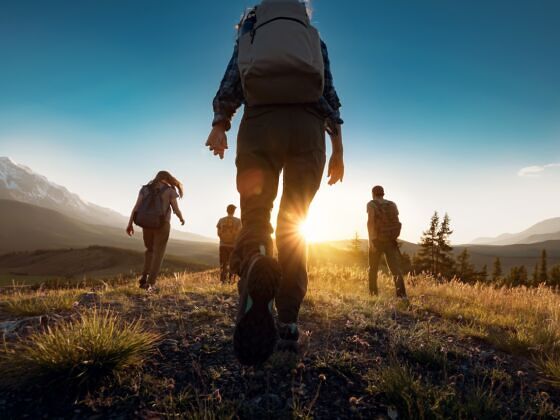THE IMPORTANT QUESTION to ask here, according to Steven Pinker in this article at the Wall Street Journal, is: “How bad was the world in the past?” It certainly feels like a very violent time, most likely due to mass media coverage (i.e. over-saturation) that focuses so much on violent crimes and war.

But compared to our history, how bad is it really? Pinker points out that throughout our existence there have been six major declines of violence:
- The transition from hunter/gatherer culture to agriculture civilization. Using new scientific techniques, it’s been demonstrated that “on average, about 15% of people in prestate eras died violently, compared to about 3% of the citizens of the earliest states.”
- Between the late Middle Ages and the 20th century. Rates of homicide in Europe declined 10-50 times.
- The “Humanitarian Revolution” which started with the age of Enlightenment. Practices of corporal punishment and brutal executions (mutilations, disembowelments, burning, etc) by the church and state were abolished. In addition, the number of crimes that used to be “execution-worthy” were reduced heavily.
- The “Long Peace”, the period since World War II. The growth of democracy, trade, and international organizations, as well as an increased value over human life, have been attributed to the decline in this period.
- The “New Peace.” While intersate war has decreased, civil war has increased (due to inept governments), but there are far less casualties in civil wars. “The rate of documented direct deaths from political violence (war, terrorism, genocide and warlord militias) in the past decade is an unprecedented few hundredths of a percentage point.”
- The era of human rights. Movements like civil rights, women’s rights, gay rights, and childrens’ rights have led to far fewer acts of violence against individuals of the affected groups.
In trying to explain why we’ve seen this huge drop in violence over time, Pinker puts forth some reasons, including the pacifying effect of the states. He also notes that,
A third peacemaker has been cosmopolitanism—the expansion of people’s parochial little worlds through literacy, mobility, education, science, history, journalism and mass media. These forms of virtual reality can prompt people to take the perspective of people unlike themselves and to expand their circle of sympathy to embrace them*.
Isn’t this, for any conscious traveler, the crux of travel? To seek out not only the differences between people and culture but, and maybe more importantly, the similarities? It certainly makes it easier to empathize with someone when you can see yourself in their position. And with technology as it is today, the ability to spread that message far, wide, and rapidly, is so important to help others realize that we really are all connected. How can I war with someone who is just like me?
Now, this peace is in the context of non-violence between human beings. Violence on the environment and other species is an entirely different matter. *emphasis mine